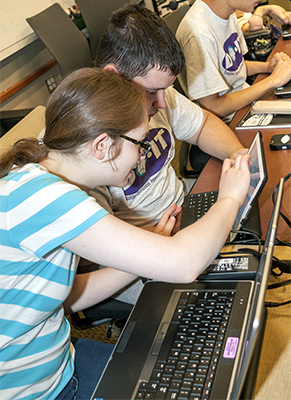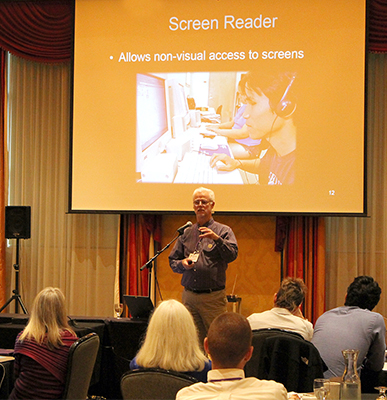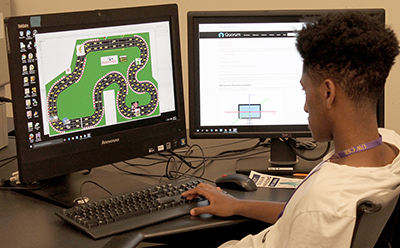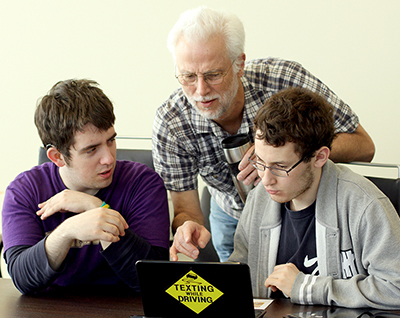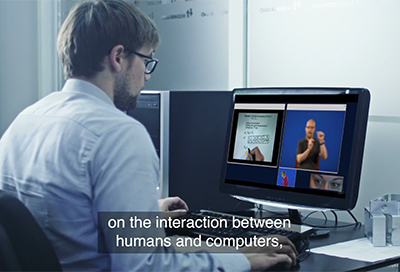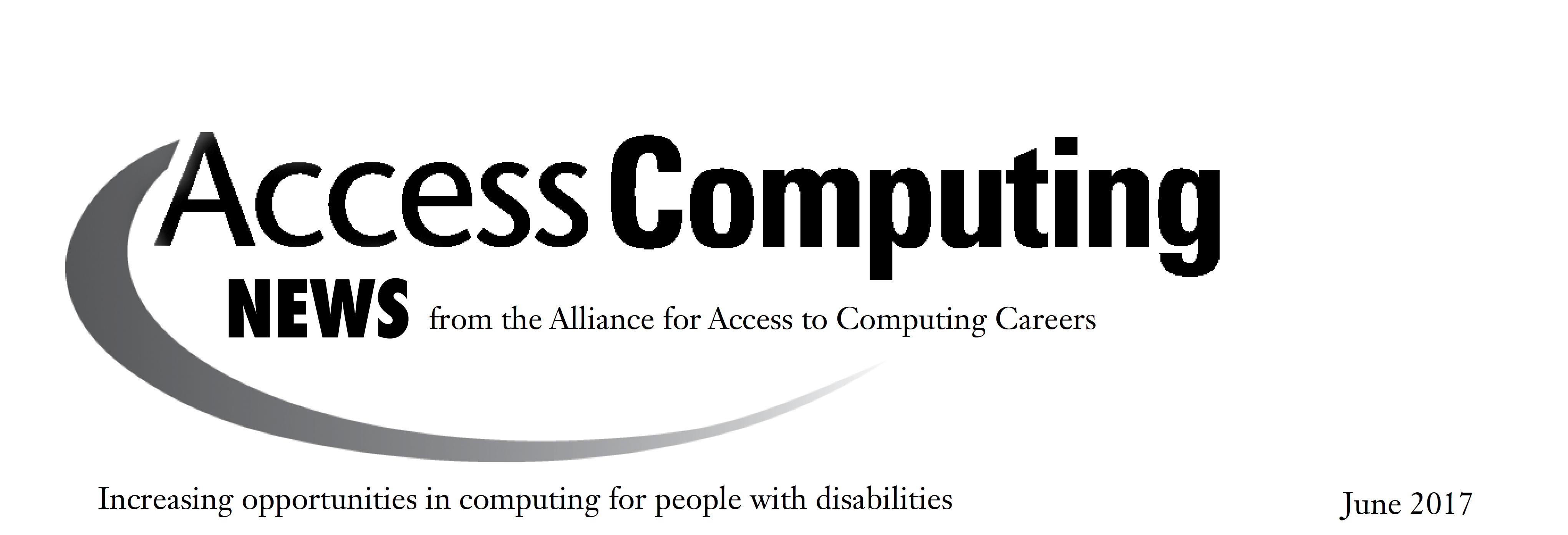The Ed-ICT International Network
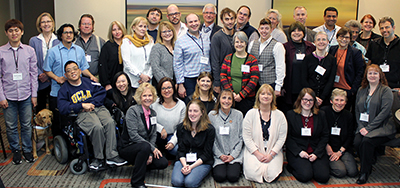
In the DO-IT Center (where DO-IT stands for Disabilities, Opportunities, Internetworking and Technology), one of the AccessComputing lead organizations I direct, we have a long history of working internationally to promote the success of people with disabilities in college studies and careers; the development and use of technology for people with disabilities; and the promotion of universal design of instruction, physical spaces, technology, and services.
AccessComputing is partnering with organizations from across the world in the Ed-ICT International Network to explore strategies to improve the design and delivery of technology for post secondary students with disabilities. I am leading the United States (US) team which includes Dan Comden and Hadi Rangin, accessible IT specialists at the University of Washington in Seattle. We are collaborating with three-person teams representing the United Kingdom (UK) (as project leader), Israel, Canada and Germany. The project is funded by the Leverhulme trust in the UK.
Over the next three years Ed-ICT is hosting symposiums in each of the five countries. The first symposium was in Seattle. Entitled Disabled Students, Information and Communication Technology (ICT), Post-Compulsory Education, and Employment: In Search of New Solutions, this meeting focused on effective models, frameworks, and approaches that use ICT to improve the engagement and success of students with disabilities in postsecondary education and challenging careers. Over twenty US delegates joined the Ed-ICT team of fifteen for the event. Participants included faculty who are part of AccessComputing, students with disabilities, and other leaders in the US.
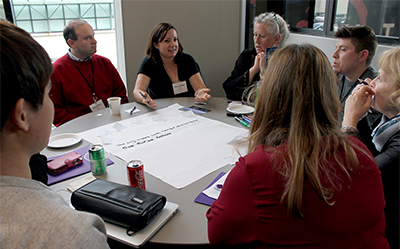
- What evidence is there that universal design is effective in various applications and contexts and with a variety of stakeholders? Can this model inform the practice of all relevant stakeholders within post-compulsory education?
- What other models, frameworks, or approaches exist, and which stakeholders are they aimed at?
- How do various models, frameworks, or approaches translate into practice?
AccessComputing will continue to partner in the Ed-ICT International Network to raise awareness about the importance of accessible ICT and explore the role that ICTs play (or could play) in creating or removing barriers for students in post-secondary education. The network will also examine how practices of educators and other stakeholders can craft successful and supportive relationships between learners with disabilities and those who develop, deploy, and support ICT.

